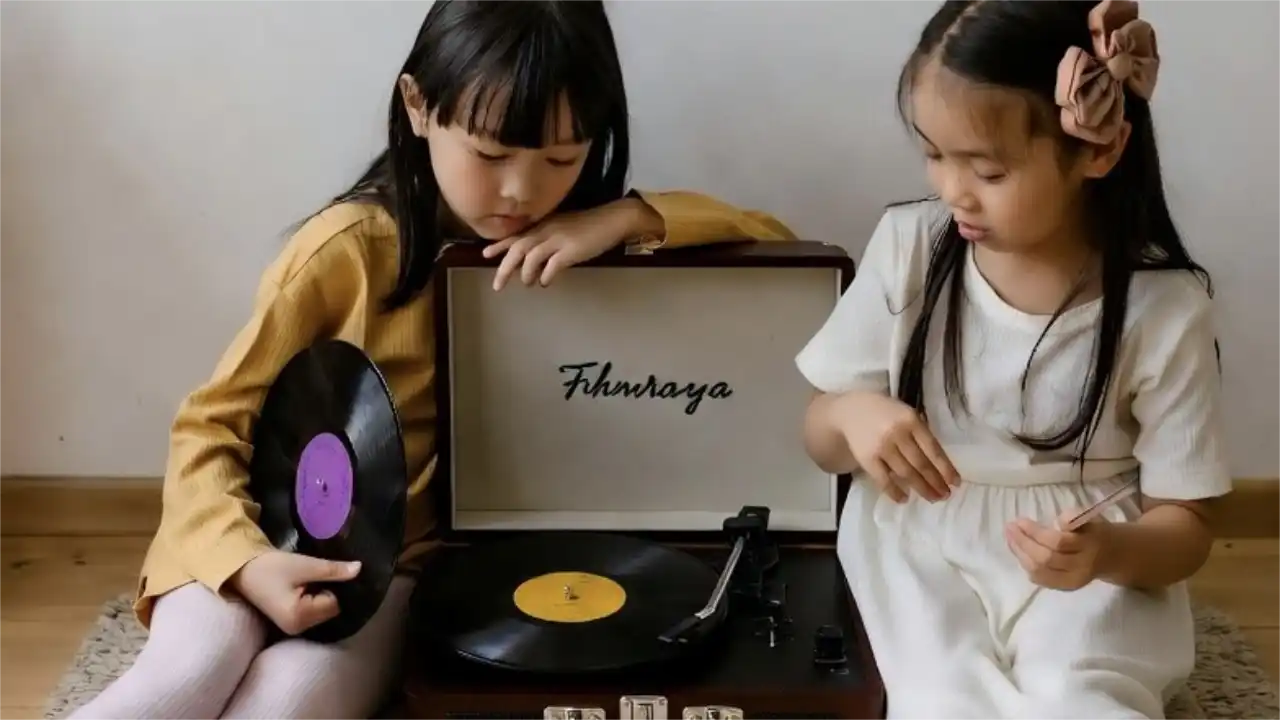
Engaging with Art and Literature: Expose Children to Varied Styles and Genres
E
ver hear a child hum a tune on repeat, their imagination fired by something new? Musical styles like Renaissance choirs or African folk tales open wide the door to creativity, offering kids a glimpse into unfamiliar forms that stretch how they see and express. Introducing diverse genres—from Aboriginal dot painting to Indian ragas—invites them to explore beyond their usual preferences. This exposure builds artistic range and gives them tools to understand and communicate in their own unique voice.
One afternoon, my daughter heard a classmate’s jazz track and swayed instinctively to the rhythm. “How would you describe it?” I asked. “Like a heartbeat!” she replied. That image led her to write a short tune for school, and her teacher praised her originality. These moments—when discovery leads to expression—build confidence. They show children that their interpretations matter and that creativity isn’t limited to any one form, but found wherever curiosity stirs.
When your child starts to hum, doodle, or dance, follow their lead. Share a short poem, a painting’s palette, or a folk song from another tradition. Try writing a quick haiku together or sketching a scene from a myth. Frame their art or record their tune. These simple exchanges build pride in their voice and stretch their sense of what’s possible. Bit by bit, they develop creative habits that flow into essays, projects, and everyday problem-solving—with confidence born from exploration.
Engaging with Art and Literature
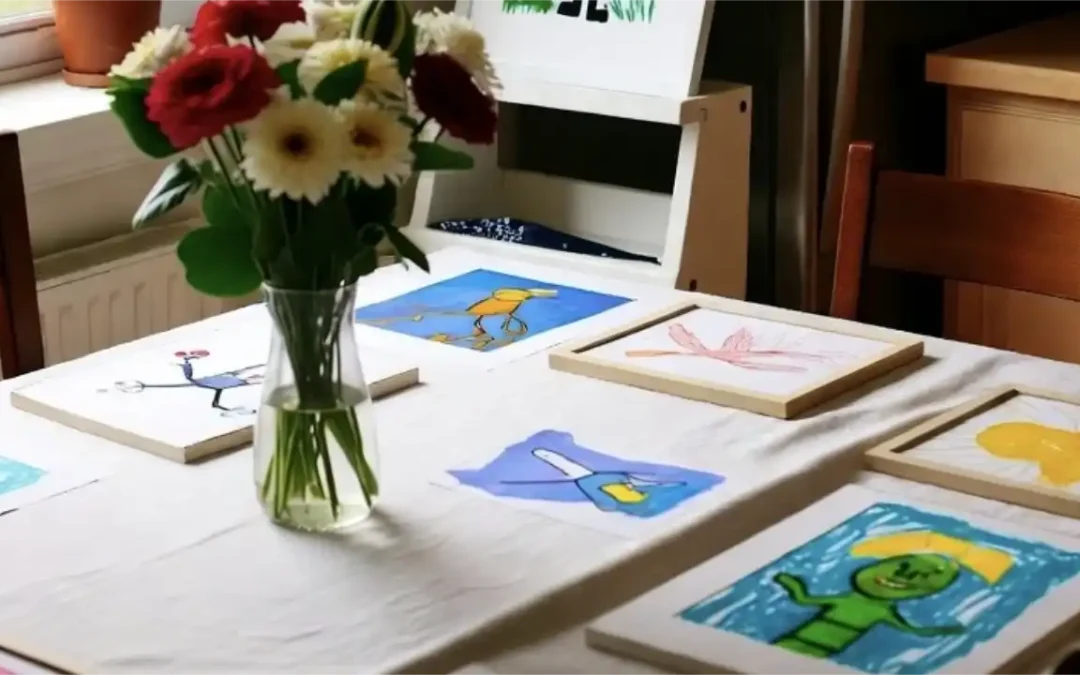
Engaging with Art and Literature: Spark Creative Contests with Art
Art contests help children express ideas and build confidence. Create playful challenges that celebrate originality, effort, and joyful creativity.
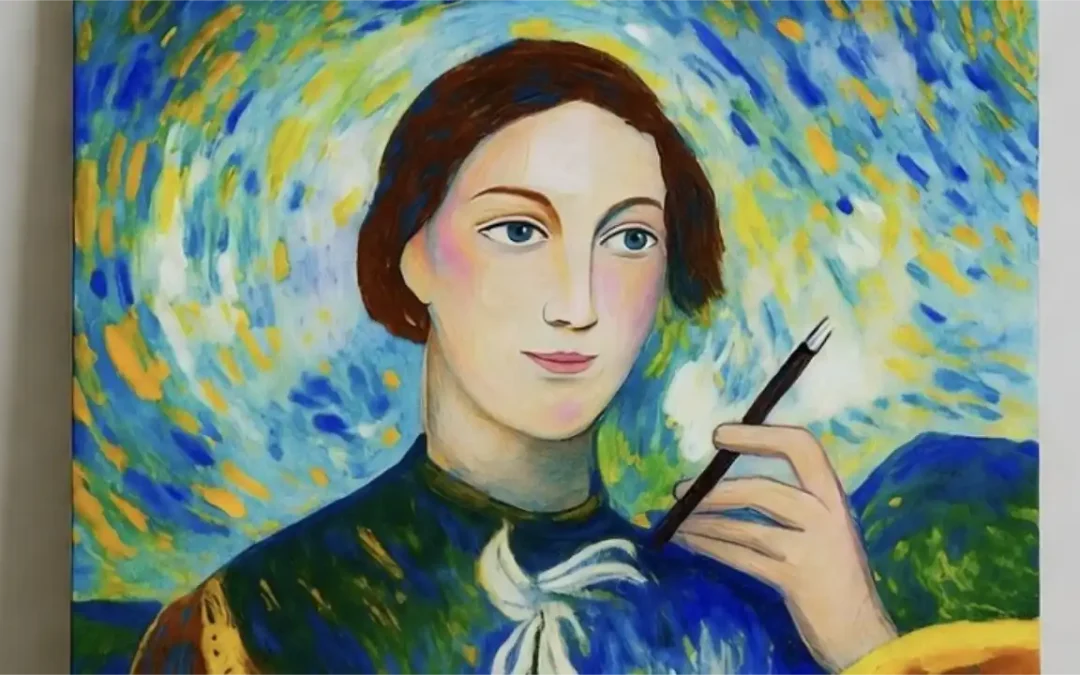
Engaging with Art and Literature: Discuss and Analyze Art to Build Thinking
Talking about art helps children observe closely and think deeply. Learn simple questions to guide reflection, interpretation, and thoughtful discussion.
Table of contents

Primordial Soup for the Mind: Navigation
Navigate the book Primordial Soup for the Mind.
TIPS
- Mix genres like folk music or ink art.
- Ask “What does this evoke?” to spark ideas.
- Visit local galleries.
ACTIVITIES
- Genre Explore: Play a music style and ask, “How does it make you feel?” Discuss for 15 minutes.
- Art Share: Show a unique piece and ask, “What does it express?” Talk for 10 minutes.
EXAMPLE
My son discovered Renaissance sculptures, saying, “They’re so lifelike!” His art passion grew.

Download “Primordial Soup for the Mind: A Parent’s Guide to Nurturing Intellectual Growth”
Enter your information to get this article and hundreds more as part of the FREE book Primordial Soup for the Mind.
Share your thoughts with the Thought Academy community in the Comments section below.

Sharpen those skills!
Enter your information to get our FREE practice exercises so you can hone your critical thinking and reasoning skills!



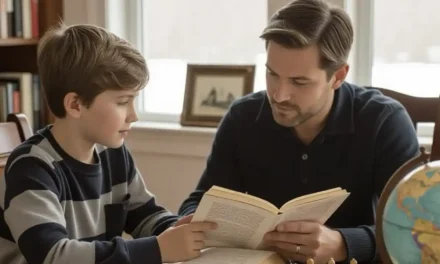


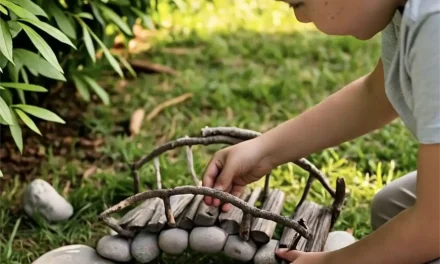
0 Comments